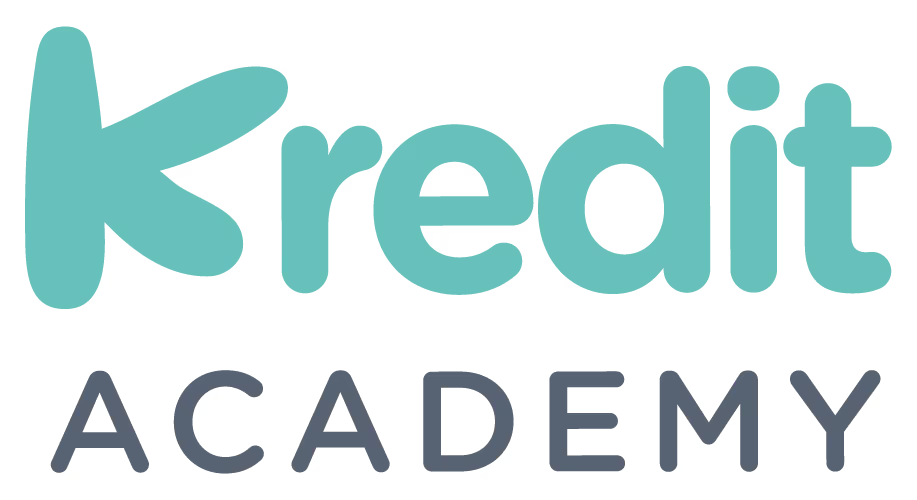Loans can be an incredible resource when you need financial assistance, but understanding how they work is key to making smart decisions. Whether you’re borrowing for a home, car, education, or emergency expenses, this guide will help you understand what loans are, the common types available, how to get one, and how to handle approval or denial. Let’s get started!
What is a Loan?
A loan is money that a lender provides to you with the agreement that you’ll pay it back over time, usually with interest. Loans can help you achieve big financial goals, but they come with responsibilities and costs that need careful consideration. Let’s talk about those costs so you know exactly what to expect before you borrow.
Common Types of Loans
Here are some of the most common types of loans, explained simply and clearly so you know what you’re getting into:
- Personal Loans: These are like the Swiss Army knives of loans. They’re flexible and can be used for just about anything—paying off high-interest credit cards, fixing up your home, or even taking that long-overdue vacation. But remember, they’re usually unsecured, so interest rates might be a bit higher.
- Auto Loans: Need a new ride? Auto loans help you buy a car, and since the car is collateral, lenders feel pretty secure about it. Just make your payments, or they’ll come for the keys! Usually these are 5 year loans with a fixed interest rate, so that means 60 equal monthly payments are the car is all yours.
- Mortgage Loans: These are your ticket to homeownership. They’re big, long-term loans with low interest rates because your house backs the loan. Miss payments, though, and you’re at risk of losing the house, so tread carefully. These are typically 30 (or sometimes 15-year) loans and you should go for the fixed rate instead of the adjustable rate option.
- Student Loans: Need to invest in your brain? Student loans are designed for education and often come with friendly terms like lower interest rates and flexible repayment plans. Just don’t borrow more than you need—nobody wants to graduate with a debt diploma!
- Business Loans: These loans are designed for starting, running, or expanding a business. These can be secured or unsecured depending on the lender and terms. If you’ve been in business a while, you’ll likely get better terms. If you’re brand new, the lender will likely want you to personally guarantee that if the business can’t make the payments, you’ll be personally responsible for it.
- Payday Loans: These are the villains of the loan world. They offer small amounts with sky-high interest rates and super short repayment terms. Unless it’s your absolute last resort and you’re prepared for the consequences, steer clear—seriously, run the other way!
Costs Associated with a Loan
Borrowing money isn’t free, and it’s important to understand the costs involved. Here are some common expenses that come with loans:
- Down Payments: For some loans, like mortgages or auto loans, you may need to pay a percentage of the total upfront.
- Interest Charges: This is the additional money you pay for borrowing someone else’s money. Typically you see an annual percentage rate (APR), which is how much you’ll pay per year on top of the amount you borrowed, shown as a percentage. The higher the rate, the more you pay over time.
- Application Fees: Some lenders charge a fee just for processing your loan application.
- Origination Fees: A fee charged by the lender to cover the cost of creating the loan, often a percentage of the loan amount.
- Late Payment Fees: If you miss a payment, you may face additional charges.
- Prepayment Penalties: Some loans charge a fee if you pay off your loan early. Be sure to check your loan agreement.
Talk to your lender and make sure you are clear on everything you’re expected to pay. Then decide for yourself if you can really afford it; don’t let anyone else do that for you. Understanding these costs upfront can help you budget effectively and avoid surprises.
Steps to Get a Loan
- Evaluate Your Needs:
- Determine how much money you need and why. Borrow only what you can realistically repay.
- Check Your Credit Score:
- Your credit score plays a big role in loan approval and interest rates. If your score isn’t great, work on improving it first.
- Research Lenders:
- Compare banks, credit unions, and online lenders to find the best terms. Look at interest rates, fees, and repayment terms.
- Gather Documentation:
- You’ll typically need proof of income (paystubs or tax returns), identification, and details about your expenses or assets.
- Apply:
- Submit your application, either online or in person. Be honest and accurate with your information. But here’s the thing: don’t go applying for every loan you can find. Multiple applications mean multiple hard credit checks, which can ding your credit score. Keep it cool and targeted.
- Review the Offer:
- If approved, carefully review the loan agreement, focusing on the interest rate, repayment terms, and fees.
Managing Your Loan After Approval
- Make Payments On Time:
- Late payments can damage your credit and result in additional fees.
- Pay More When Possible:
- Paying extra toward your principal can reduce the overall interest you pay over the life of the loan.
- Keep an Eye on Your Budget:
- Ensure your monthly loan payment fits comfortably within your budget.
- Monitor Your Statements:
- Regularly check your account for errors or unexpected changes.
What If You’re Denied?
- Ask Why:
- Lenders are required to provide an explanation. Understanding the reason can help you address issues before applying again.
- Improve Your Credit:
- Pay down existing debt, make payments on time, and avoid new credit inquiries.
- Consider a Co-Signer:
- A trusted individual with good credit can co-sign your loan, making approval more likely.
- Explore Alternatives:
- Look into options like secured loans or credit-builder products.
How Loans Impact Your Credit
- Positive Impact:
- Making on-time payments can improve your credit score and show lenders you’re a reliable borrower.
- Negative Impact:
- Late payments or defaulting can severely damage your credit.
- Credit Mix:
- Having a variety of credit types, including loans, can strengthen your credit profile.
- Inquiries:
- Each loan application results in a hard inquiry, which can temporarily lower your score.
Final Thoughts
Loans can be a helpful tool, but they’re not magic money—you’ve got to plan and manage them like a pro. By understanding the types of loans, the application process, and how to handle approval or denial, you’ll be better equipped to navigate borrowing with confidence.
Remember, a loan is a stepping stone, not a free pass. Use it wisely to build the future you want!












.svg)
.svg)
.webp)